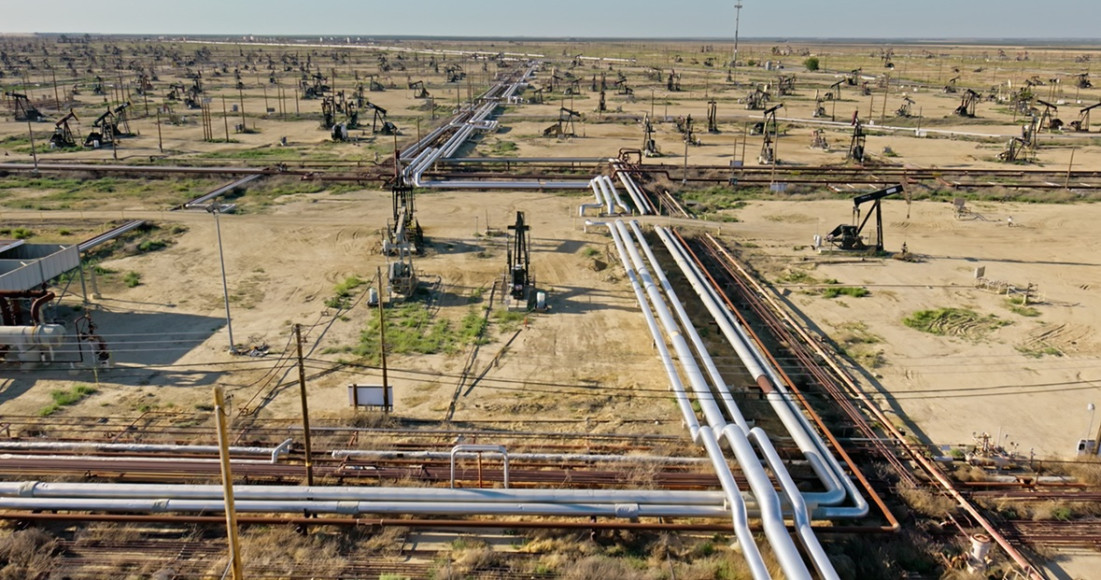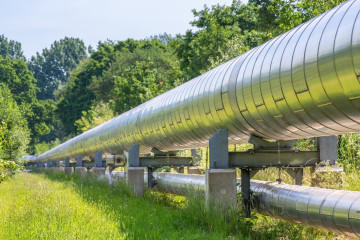A robust Pipeline Safety Management System (PSMS) is crucial for pipeline operators in today's energy industry. The American Petroleum Institute (API) provides a framework for this system through API Recommended Practice (RP) 1173. While RP 1173 is a voluntary best practice, it's widely recognized as the standard language for pipeline safety across the industry. The framework was developed following a number of high-profile incidents that caused significant financial loss and environmental damage, and it was created to help operators prevent similar incidents from happening again. Implementing an RP 1173 program helps organizations operate more safely, communicate more effectively, and improve consistency across their entire network.
Key Elements of a PSMS and Common Challenges
API RP 1173's framework is built on 10 core elements designed to be a company-wide system, ensuring all parts of an organization operate under the same umbrella. This approach prevents inconsistencies that can arise from different geographic regions or operational groups.
While the framework is comprehensive, companies often struggle with specific elements. The two biggest pain points are:
- Leadership and Management Commitment: Gaining buy-in from management and key individuals is critical but can be difficult. Without this commitment, the program may not be effectively implemented, leading to inconsistent application across different regions or departments.
- Continuous Improvement: Some companies adopt a "check the box" mindset, implementing the program once and considering the job done. However, RP 1173 is predicated on continuously re-evaluating the program's adequacy as conditions change and new gaps are identified. Without this focus, the program can become a giant "paperweight" that isn't truly implemented or effective.
Other key elements of the framework include:
- Stakeholder Engagement: Disseminating the framework from upper management to field personnel who interact directly with property owners and communities. A related recommended practice, API RP 1185, is purely focused on engaging with external stakeholders and communities.
- Risk Management and Operational Controls: Evaluating the risks of operating assets, particularly in high-consequence areas like protected swamps, and putting in place safety devices and inspection protocols to manage those risks.
- Incident Investigation: Establishing a common, company-wide process for investigating incidents to improve and prevent recurrence, rather than simply getting an asset back online.
- Emergency Response: Having established, company-wide protocols for notifications, mobilization, and community engagement in the event of an incident.
- Competence, Awareness, and Training: Ensuring that all individuals and specific roles receive proper training and are aware of the program's expectations.
- Documentation and Record Keeping: Maintaining records of program changes, inspections, and training to allow for periodic reviews and reassessment.
The Business Case for Voluntary Adoption
Despite being a voluntary framework, there is a strong business case for implementing RP 1173. Following the practice offers significant reputational value, especially in the event of an incident, as it allows a company to demonstrate that it had preventative measures in place. The federal government, through organizations like PHMSA (Pipeline Hazardous Substance Safety Administration), has also issued bulletins suggesting companies adopt a PSMS, which is seen by many in the industry as a precursor to potential mandatory regulations. API is also releasing a revised version of the standard, which is expected to create more visibility and push for wider adoption, especially among smaller operators.
How Antea Group Helps
Antea Group helps companies implement RP 1173 by combining our extensive expertise in safety management systems with our direct experience in the energy sector. We take a collaborative, "get in the trenches" approach with clients to develop a program that is implementable and fit for purpose, rather than a generic, one-size-fits-all solution.
- Program Development: We can work with companies to develop an RP 1173 program from scratch, taking existing programs and repackaging them to align with the framework.
- Gap Closure: We can assist clients in preparing for an assessment or work with them after an assessment to close identified gaps and improve specific areas.
- Continuous Improvement: Our approach to continuous improvement is based on the "plan, do, check, act" framework. We can help clients conduct root cause analyses following incidents and recommend program changes to prevent reoccurrences.
- Key Partnerships: Antea Group is heavily involved with key industry associations, including API, GPA (Gas Processors Association), and AGA (American Gas Association), and is part of the pipeline safety committee for GPA. This involvement provides us with up-to-date knowledge and insights in this area.
Conclusion
Implementing an API RP 1173 PSMS is a proactive strategy for pipeline operators to enhance safety, improve consistency, and manage risk. While the task may seem daunting, particularly with challenges like securing leadership commitment and ensuring continuous improvement, partnering with a knowledgeable firm can make the process manageable and effective. Antea Group’s combined expertise in safety management and the energy industry, along with a tailored, collaborative approach, makes us a valuable partner for developing and optimizing your pipeline safety program.
Want more news and insights like this?
Stay in the loop with our monthly e-newsletter, The New Leaf. We’re here to keep you informed, enlightened, and entertained with the latest in EHS and sustainability. Don’t miss out on the insights and stories that matter to you!✨ Ready to turn over a new leaf? Sign up now!
Have any questions?
Contact us to discuss your environment, health, safety, and sustainability needs today.






